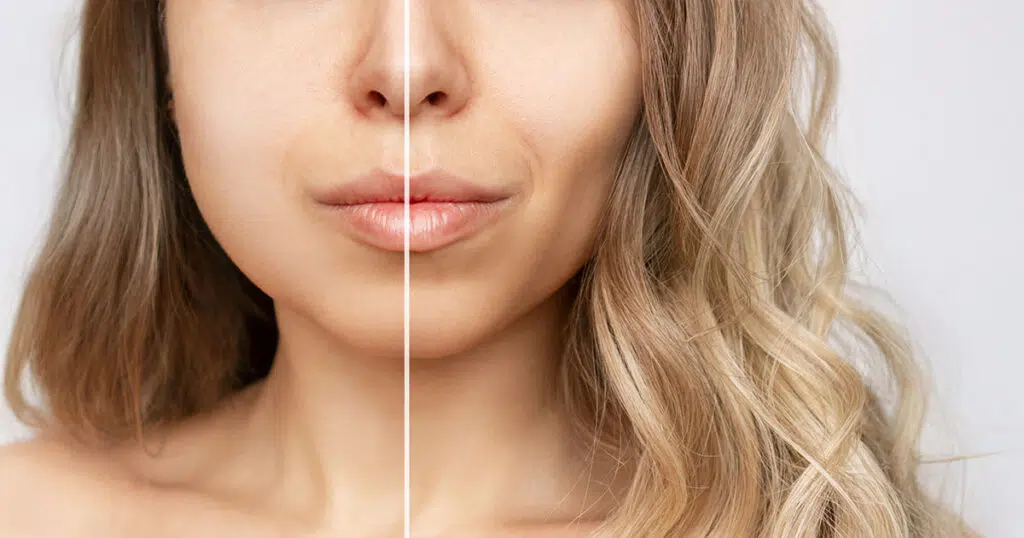Home / Surgical Procedures / Face Procedures / Buccal Fat Removal / What Is the Best Age for Buccal Fat Removal?

Age is a deciding factor when it comes to your candidacy for buccal fat removal, but it’s not the number itself so much as the skin and fat conditions associated with it. While there is no hard age limit on the procedure, age impacts fat distribution, skin elasticity, and long-term appearance, all of which will impact buccal fat removal results. In this guide we’ll explain how age affects the procedure and when you can expect the most effective and longest lasting results.
The ideal candidate for buccal fat removal is between the ages of 25 and 35. Your buccal fat pads don’t finish developing until late in your teens, so you don’t want to have the procedure too early. Twenty-five to 35 is usually the best time because candidates have:
As time marches on, things start to change a bit. If you have your buccal fat pads removed in your 30s or 40s, your surgeon is likely to take a more conservative approach. This is done to account for the natural loss of cheek fat that comes with aging. You may need skin-tightening or fat grafting procedures later to prevent an overly hollow look as you continue to age. Patients in this age range are still good candidates for buccal fat removal if they have:
Facial fat naturally decreases with age, especially in the midface and cheek area. Because of this, removing buccal fat pads after the age of 45 is generally not recommended. The fat pads will likely get smaller on their own, and removing them now may cause signs of premature aging. Although not common, buccal fat removal surgery is possible after 45 if you:
Jumping the gun and getting buccal fat removed too early has consequences, but so does waiting too long. Just like Goldilocks, buccal fat removal is happiest when conditions are just right. Your plastic surgeon will help you to determine if now is a good time for your surgery, if you should wait, or if the buccal fat removal ship has already sailed. The consequences of bad timing may include:
There is no perfect age for buccal fat removal. The best timing depends on individual anatomy, lifestyle, and aesthetic goals. Those with full lower cheeks and good skin tone make the best candidates, and they are usually, but not always, in their 20s or 30s. A free virtual consultation with a skilled plastic surgeon or surgical coordinator is essential to evaluating your facial aging pattern and creating a long-term plan.
There’s no strict cutoff, but patients over 45 are generally not ideal candidates unless they are combining buccal fat removal with other facial procedures.
Yes, buccal fat removal is permanent no matter when it is done. The fat does not grow back, but your face will continue to age, which could reveal more hollowness later.
If done too aggressively or in patients with poor skin tone, buccal fat removal can accentuate facial aging. Proper technique reduces this risk.
No. Buccal fat removal is a contouring procedure, not an anti-aging treatment.
Yes. Your surgeon will want to assess your true facial fat distribution after you reach a stable weight.
Both are appropriate as long as you have full lower cheeks and good skin quality.
Young faces may lose volume naturally over time, and early buccal fat removal can lead to premature hollowness.
Men often have thicker skin and more muscle mass, which may preserve cheek structure longer, but aging still affects their surgical results.
Yes. When timed properly and paired with strategic maintenance treatments, it can be part of a holistic facial contouring plan.
